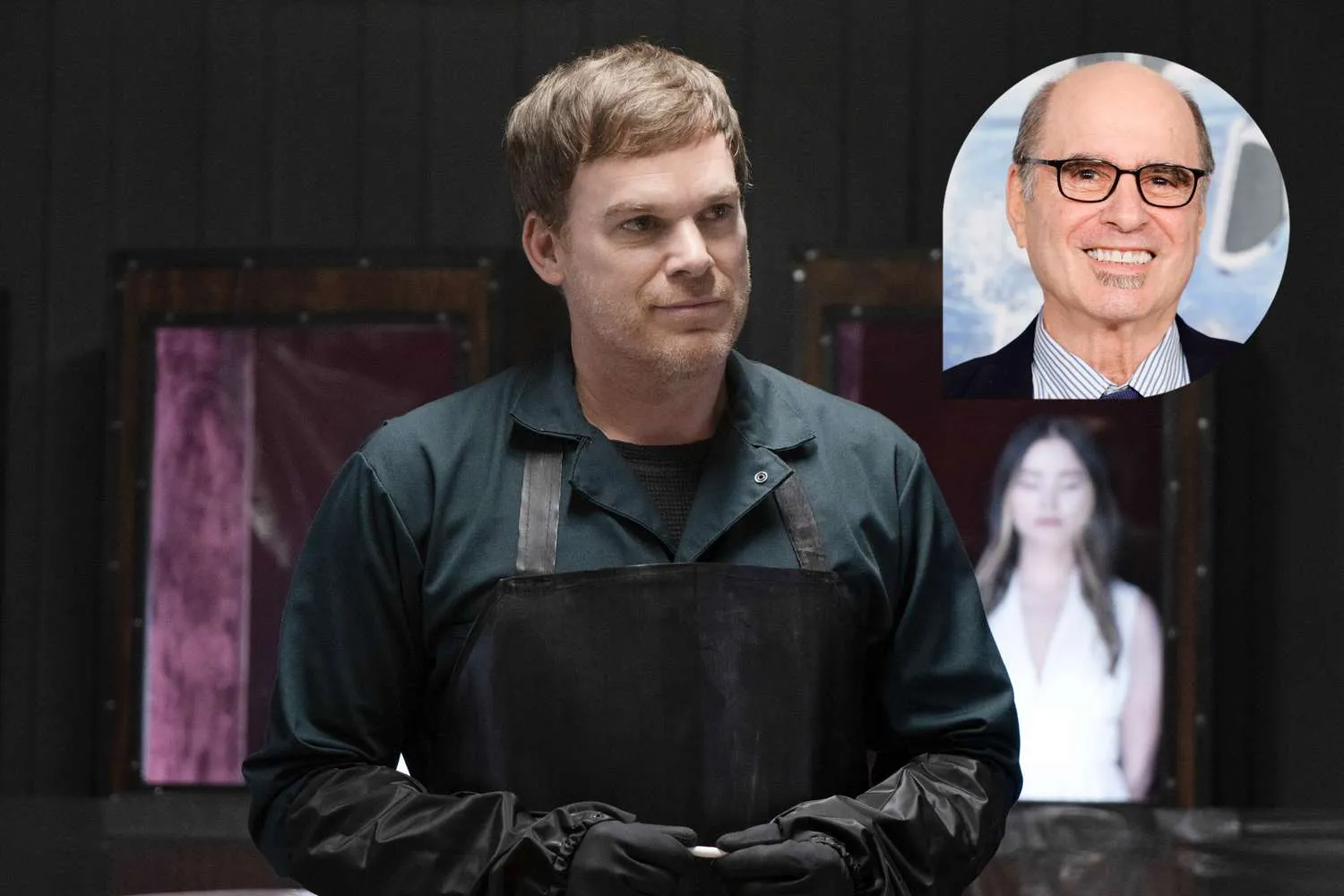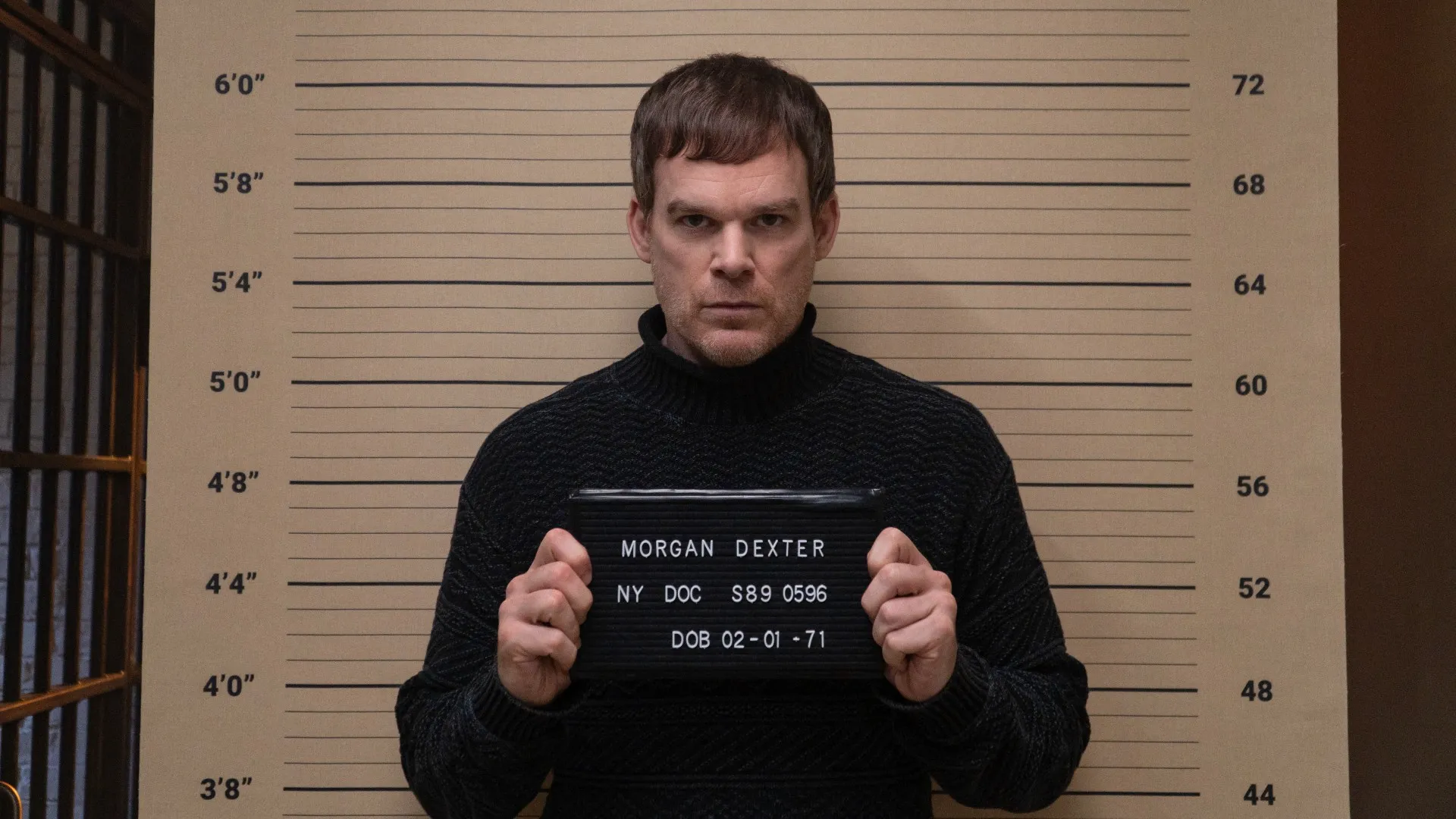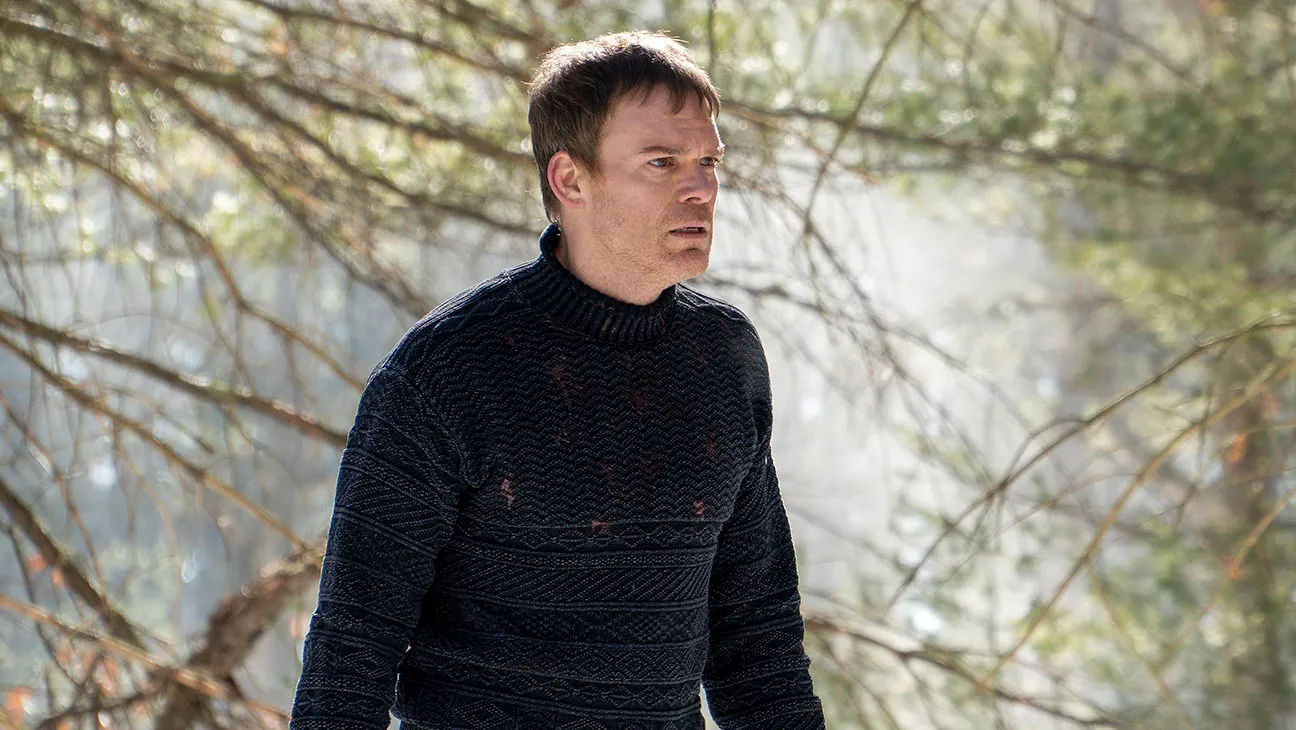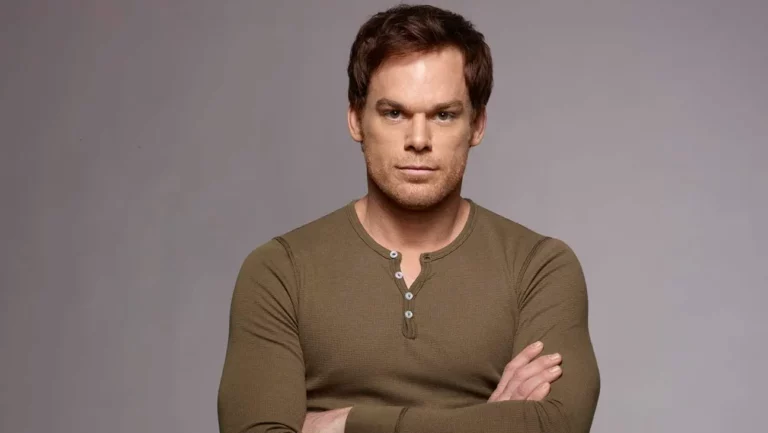In the ever-evolving landscape of television dramas, the reanimation of iconic characters often meets with mixed emotions. This is precisely the case with Showtime’s latest endeavor, “Dexter: Original Sin.” Despite the series garnering significant attention and praise for its execution, the question lingers: was resurrecting Dexter Morgan truly necessary? The series has sparked debates among fans and critics alike, highlighting a broader trend influenced by another powerhouse series, Taylor Sheridan’s “Yellowstone.”

The Unexpected Catalyst: How “Yellowstone” Altered Dexter’s Fate
The intrigue surrounding “Dexter: Original Sin” isn’t just about the content but the unexpected shift in direction from sequel to prequel—a pivot inspired by none other than Sheridan’s approach to “Yellowstone” and its successful prequels, “1883” and “1923.” The original plans for Dexter’s story took a dramatic turn when Chris McCarthy, associated with MTV Entertainment and Paramount, advocated for a prequel rather than continuing the narrative post-“Dexter: New Blood.”
Clyde Phillips, the mastermind behind Dexter’s grim yet gripping tale, initially intended to cap the series with the finale of “Dexter: New Blood,” where Michael C. Hall’s character meets his demise. The finale soared to become the most-watched episode in Showtime’s history, prompting the network to further explore Dexter’s universe. Phillips revealed in an interview with Entertainment Weekly, “He dies in the end…I wrote the finale—he died at the end of that show. And then it was the most watched episode in the history of Showtime.”

Yet, the success of “Yellowstone” and its exploration of historical narratives through prequels set a new precedent. McCarthy’s experience with these prequels led him to declare a preference for exploring origins rather than sequels. He challenged Phillips: “We wrote all 10 episodes of the sequel, and then Chris McCarthy from MTV Entertainment and Paramount came on board and said, ‘I’m not in the sequel business, I’m in the prequel business.’ So Chris said, ‘Can you come up with a prequel in two weeks?”
Rethinking Dexter: The Shift to “Original Sin”
Faced with rewriting the narrative under tight deadlines, Phillips and his team transitioned the focus to earlier events in Dexter’s life, thereby crafting “Dexter: Original Sin.” This strategic pivot not only revitalized the character for long-time fans but also tapped into a fresh audience eager to explore the genesis of Dexter Morgan’s dark journey.
As “Dexter: Original Sin” unfolds, with only four episodes released so far, the series has managed to captivate viewers, drawing acclaim for its fresh perspective and deep dive into the complex psyche of Dexter. Despite this, there remains a significant portion of the audience pondering whether it’s time to explore new characters and stories outside of the Dexter universe.
The Ongoing Debate: Sequel Fatigue or Prequel Promise?
The decision to extend the Dexter saga through a prequel raises questions about the sustainability of long-running television series and the creative decisions that keep them alive. Are networks merely “milking” beloved characters to sustain viewer interest, or are these new narratives justified extensions of the original stories?

As “Dexter: Original Sin” continues to unravel the layered past of one of television’s most enigmatic figures, only time will tell if this gamble pays off, proving that even in television, some stories might be too compelling to conclude. Meanwhile, fans and skeptics alike watch closely, ready to decide if Dexter’s return was a revival worth witnessing.
